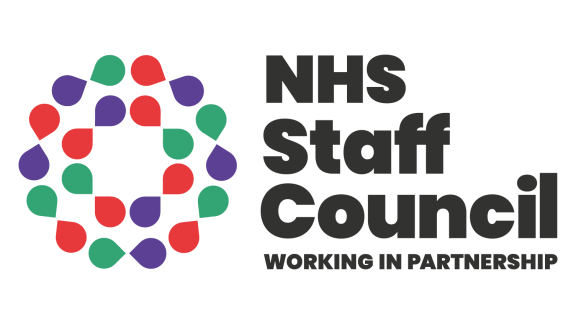NHS Employers' evidence to the pay review bodies 2024/25

The independent NHS Pay Review Body (NHS PRB) makes recommendations to the government on pay awards for nurses, health professionals and other NHS staff.
The independent review body on doctors' and dentists' remuneration makes recommendations to the government on pay awards for medical and dental staff.
NHS Employers submits evidence to the review bodies based on information collected from our engagement activities with employers in England.
Final decisions on pay awards are made by the government.
We have published our 2024/25 written evidence to the NHS PRB and DDRB. Our evidence has been informed by a continuous cycle of engagement with a full range of NHS organisations about their priorities, opportunities, and challenges.
NHS PRB key messages
- Employers continue to express their concerns about the impact of the delay of the pay award and the inability to implement this from its effective date of 1 April each year. We recommend that the timetable in relation to the pay-setting process is adjusted, thereby enabling a return to prompt implementation and more timely payment of awards. Any pay award should be fully funded across the whole of the health sector and not just provider trusts.
- The publication of the NHS Long Term Workforce Plan (LTWP) is a positive step forward in addressing the ways in which staff are recruited, trained and retained in the NHS. However, employers welcome more clarity on the sustainable longer-term funding commitments needed to deliver the priorities set out in the plan. The same applies to the new workforce strategy for adult social care in terms of government support and sustainable financial investment.
- The position on entry-level pay in the NHS should be considered on a longer-term basis alongside the future trajectory of the National Living Wage, to ensure it remains competitive and sustainable and avoids the need for further temporary adjustments to be made.
- The Nursing and Midwifery national profile review work is continuing. It has already noted that a considerable number of job descriptions have not been reviewed in recent years resulting in out-of-date and inaccurate job descriptions, where additional duties have been taken on and/or work procedures have changed over time. As a result there is likely to be an increase in the number of requests to review job descriptions at an employer level.
- Offering flexibility across the NHS Pension Scheme for the entire workforce makes the scheme a stronger tool for reward, recognition and retention. We welcome conversations to explore the options around introducing greater flexibilities and how these could be implemented.
- Staff engagement, health and wellbeing and workload pressures have been highlighted as key factors that affect the retention of staff. While pay is also a factor in why people leave their NHS career, to improve retention and achieve the goals set out in the LTWP, more action is needed to improve staff experience.
DDRB key messages
- Ongoing industrial action has led to poor morale and strained relations with doctors. Planning for and covering industrial action has exhausted employers, limiting their capacity to develop and improve services.
- Specialty and specialist grade (SAS) doctors 2021 contract reform aimed at attracting, motivating, and retaining SAS doctors, but fewer doctors than planned are transitioning to new contracts due to pay differentials. Remedial action is welcomed to reset pay differentials and encourage transition.
- Employers want to see a pay award that is fully funded and sustainable, allowing them to continue to prioritise workforce growth in key areas.


